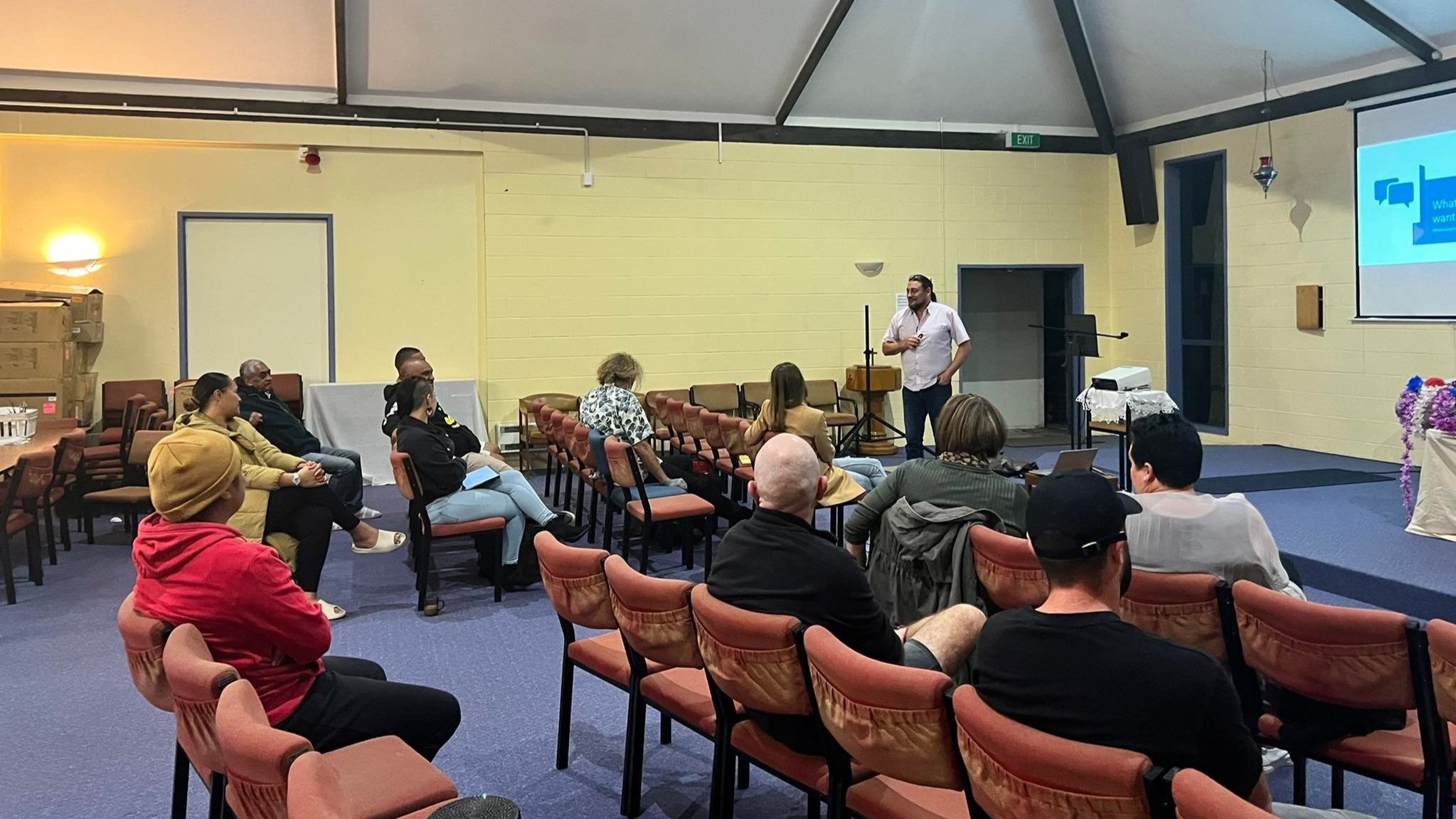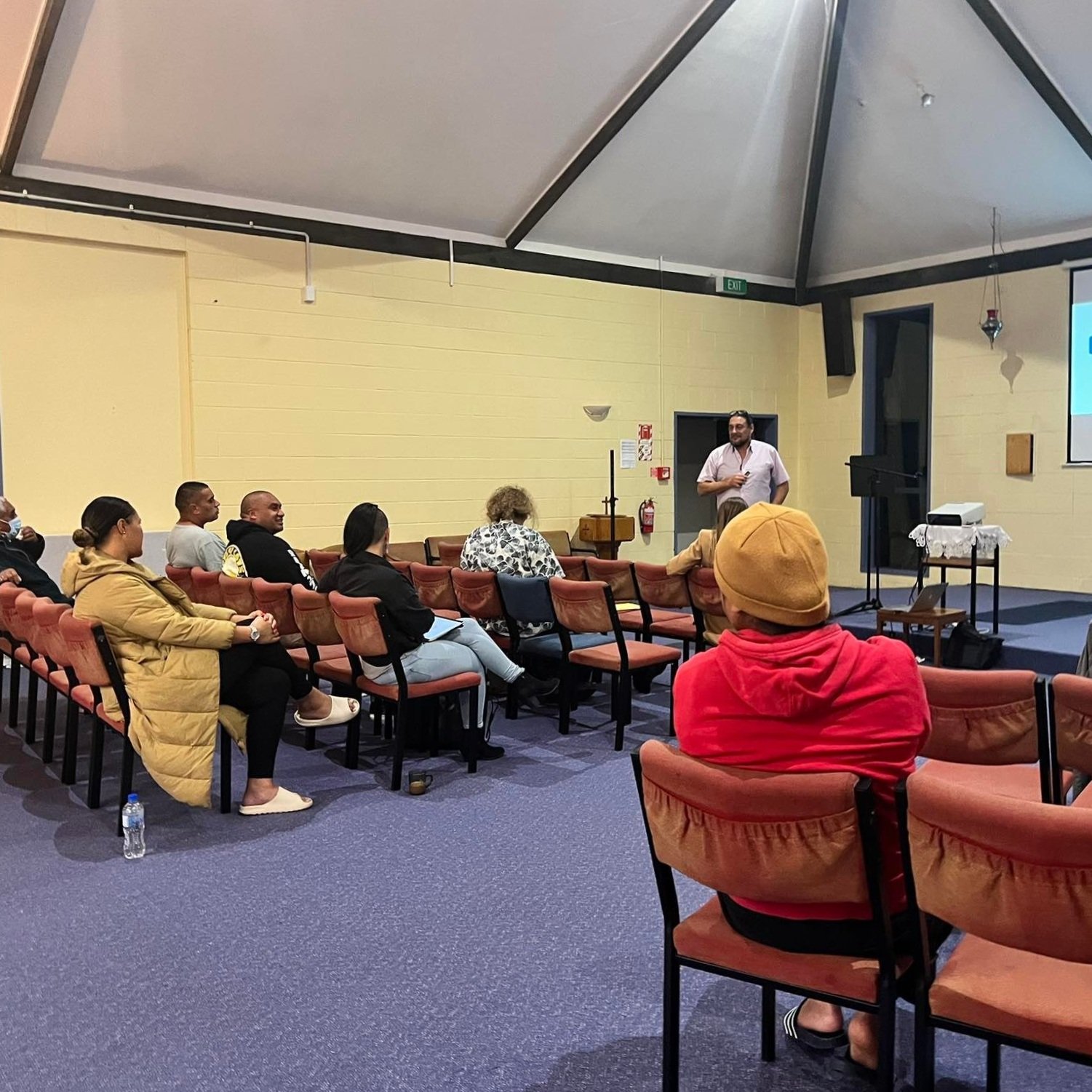Alcohol & Masculinity 2022 with Peter Thorburn
The number one drug in New Zealand is alcohol. Alcohol-related harm costs an estimated $8 billion in New Zealand and causes anywhere from 600 to 1000 deaths each year. People turn often-times turn to alcohol to deal with resolved trauma amongst a myriad of different reasons. However, throughout history alcohol has been used in many cultures and religions dating as far back as 7,000 BCE.
Masculinity is a set of attributes typically associated with boys and men. Although distinct from the definition of the male biological sex, standards of masculinity varies across different cultures and historical periods. Masculine norms are socially constructed beliefs, values, and expectations of what it means to be a man. These norms are created within male social groups and then are further reinforced by media. Winning, emotional control, dominance, and self-reliance are all examples of attributes desirable by certain groups of men.
On the 4th of May, Peter Thorburn facilitated a session on alcohol and masculinity for about 15 members of our Tāmaki whānau. We had a history lesson on alcohol and different cultural practices throughout the centuries. We also got a quick crash-course on Fetal Alcohol Spectrum Disorders (FASD) and an action plan to respond to FASD in our communities. How sexualised behaviours are associated with alcohol, and how alcohol companies use advertising and sports sponsorships to target men.
Many of those in attendance were going through their own journey with alcohol addiction, and many shared their own stories and experiences with alcohol. It was an honour to be a small part of their walk towards healing, which is why understanding the relationship between alcohol and masculinity is important. Alcohol plays a big part in most cases of family violence, so knowing the red flags, causes, and consequences can help in minimising alcohol abuse and preventing FASD in our communities.



